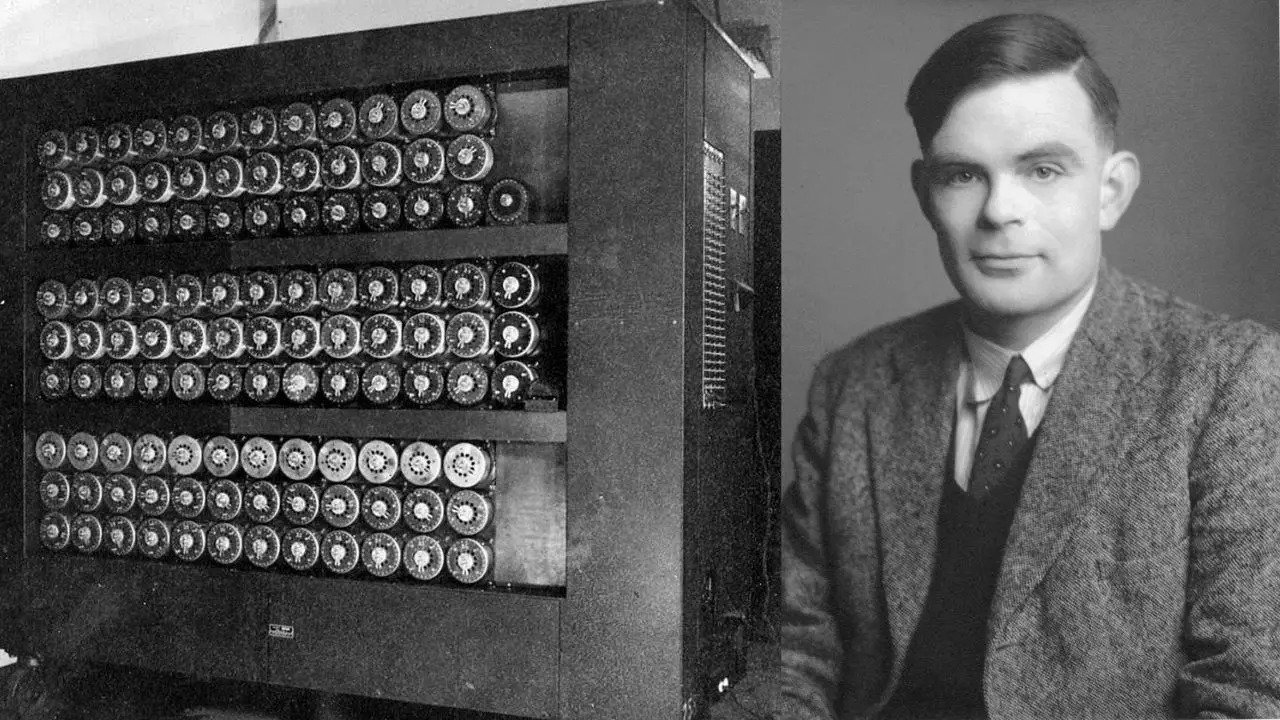This February, the APA is embarking on an experiment, and we need your help.
In response to a petition, backed up by a survey of members, we are trying out a plan on which, each year, one of the three annual meetings goes online. This year it’s the Central, next year it’s the Pacific, then in 2027 it’s the Eastern. After that, we’ll see. Our first experiment happens in just a few weeks, over two Thursdays to Saturdays: February 20 to 22 and February 28 to March 1. The program is now online.
The first thing you can do to help is to participate in the conference.
Under the best of circumstances, it takes an enormous amount of effort to organize an APA meeting. A virtual conference is harder still, in part because of the technical challenges and in part just because we don’t have much practice with organizing them. The program committee and committee on virtual meetings, along with the APA staff and Central Division Secretary-Treasurer Chloe Armstrong, have worked very hard to make this happen. We got a lot of submissions, there are wonderful things on the program, and now we’re going to find out whether it works.
The motivations for going online are in part environmental (it was Philosophers for Sustainability that first petitioned us), and in part to provide better access for people who find it difficult or impossible to attend meetings in person. There are lots of reasons why an in-person meeting can be challenging for members of our profession, and so if these virtual meetings are a success, it will be a real boon to many of our colleagues who are unable to enjoy the privilege of meeting in person.
But will it work? We’re fairly confident about the technology, but what we don’t know is whether people will show up in the way they do for ordinary meetings. Will people come to talks other than their own? Will they take advantage of the various special events on offer? In short, will the philosophy community come together?
To participate fully, you must register in the usual way. (It turns out virtual conferences are as expensive to run as in-person conferences.) But we’ve created some opportunities for folk to participate without registering. Some of the events on the program are free and open to anyone, such as a special plenary session featuring Kluge Prize winner Kwame Anthony Appiah. Keep an eye out for communications from the APA on how to participate in these public sessions. Other events, including some of the most high-profile events—the Dewey Lecture, several book symposia, and my own Presidential Address—are part of the “watch-party” plan. Under that plan, a department (or philosophy club or other group) pays a small fee to register for watch-party access and then gets a license to screen these selected events in front of an audience.
So here is a second way to help: get your department to organize watch parties for some of the main events. And, if there are people in your department who are on the program, invite them to give their presentations in front of a local audience (while also on camera). That’s in fact what I’ll be doing in Boulder, live-streaming my address in front of students and colleagues. It will take this experiment to a new level if we each make our own department a remote satellite for the main online event.
Finally, you can help by giving us feedback, either right now or after the fact, about how we can make these online conferences better in the years ahead. Although going online is in some respects inevitably worse, it also offers opportunities to do things that cannot be done in person. We’ve taken a first stab at realizing this potential, but there’s doubtless much more that can be done. Submit your feedback by taking the evaluation survey that will be distributed after the meeting, or send us your ideas at virtualmeetings@apaonline.org.
The post Philosophy Goes Digital: Inside the APA’s Virtual Meeting Experiment first appeared on Blog of the APA.
Read the full article which is published on APA Online (external link)





